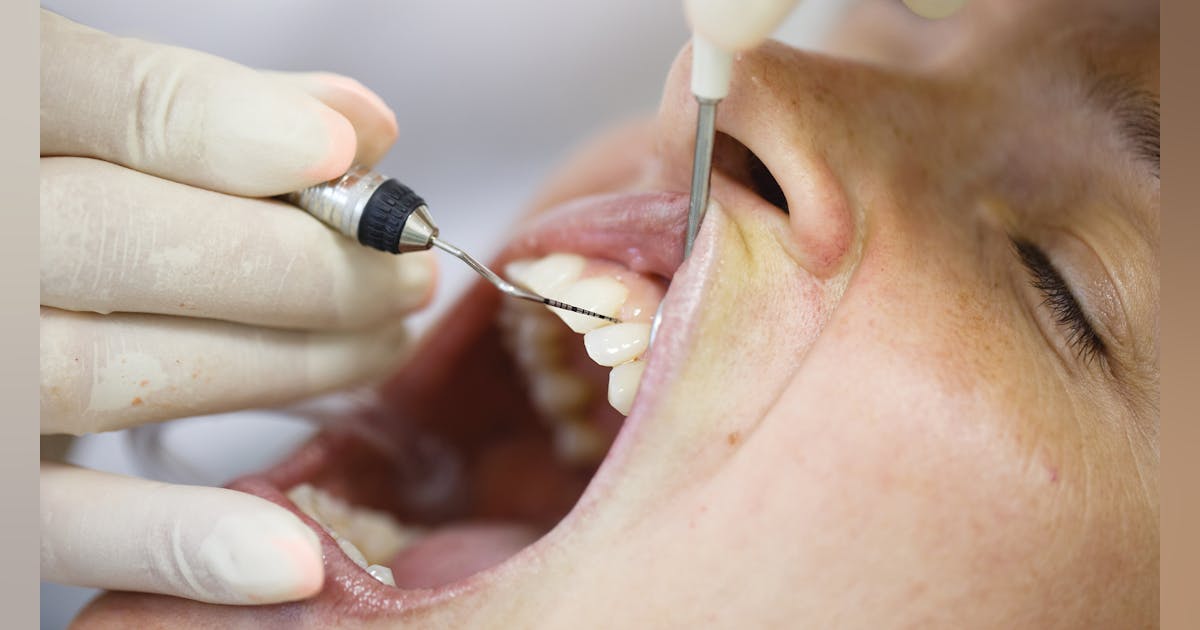Introduction:
Achieving peak performance in fitness isn’t just about pushing your limits during workouts; it’s also about how well you recover afterward. In this article, we’ll explore essential tips for mastering fitness recovery, ensuring you bounce back stronger and ready for your next challenge.
Understanding the Importance of Recovery:
Recovery is a critical component of any fitness regimen. It’s during the recovery phase that your muscles repair and rebuild, allowing you to gain strength, endurance, and overall fitness. Without adequate recovery, you risk overtraining, injury, and diminished performance.
Prioritizing Rest and Sleep:
One of the most important aspects of recovery is ensuring you get enough rest and quality sleep. Aim for 7-9 hours of sleep per night to allow your body to repair and rejuvenate. Create a relaxing bedtime routine, limit screen time before bed, and ensure your sleep environment is conducive to restful sleep.
Hydrating and Refueling Properly:
Proper hydration and nutrition are essential for supporting recovery. Drink plenty of water throughout the day to stay hydrated, especially after intense workouts. Refuel your body with a balanced post-workout meal or snack containing protein, carbohydrates, and healthy fats to replenish glycogen stores and promote muscle repair.
Incorporating Active Recovery:
While rest is crucial, incorporating active recovery into your routine can also help promote blood flow, reduce muscle soreness, and enhance recovery. Engage in low-intensity activities such as walking, cycling, or swimming on rest days to keep your muscles moving without placing additional stress on them.
Listening to Your Body:
Listen to your body’s cues when it comes to recovery. Pay attention to signs of fatigue, soreness, or diminished performance, and adjust your training intensity or schedule accordingly. Pushing through pain or ignoring warning signs can lead to injury and setbacks in your fitness journey.
Utilizing Recovery Tools and Techniques:
There are various recovery tools and techniques you can incorporate into your routine to enhance recovery. Foam rolling, massage therapy, and stretching can help alleviate muscle tension and improve flexibility. Compression garments, ice baths, and contrast showers can also aid in reducing inflammation and speeding up recovery.
Managing Stress Levels:
Chronic stress can impair recovery and hinder fitness progress. Incorporate stress-management techniques such as meditation, deep breathing exercises, or yoga into your routine to promote relaxation and mental well-being. Prioritize self-care activities that help you unwind and recharge.
Implementing Periodization:
Periodization is a training strategy that involves varying the intensity and volume of your workouts over time to optimize performance and prevent overtraining. Incorporate periods of higher intensity training followed by periods of lower intensity or active recovery to allow for adequate recovery and adaptation.
Prioritizing Mobility and Flexibility:
Maintaining optimal mobility and flexibility is crucial for preventing injuries and improving overall performance. Incorporate mobility exercises and dynamic stretches into your warm-up routine to prepare your muscles and joints for movement. Practice static stretching and foam rolling after workouts to improve flexibility and reduce muscle tightness.
Listening to Professional Guidance:
Lastly, don’t hesitate to seek guidance from fitness professionals such as personal trainers, physical therapists, or sports medicine specialists. They can provide personalized advice, tailor recovery strategies to your specific needs, and help you overcome any obstacles or challenges you encounter in your fitness journey.
Conclusion:
Mastering fitness recovery is essential for achieving long-term success and reaching your fitness goals. By prioritizing rest and sleep, hydrating and refueling properly, incorporating active recovery, listening to your body, utilizing recovery tools and techniques, managing stress levels, implementing periodization, prioritizing mobility and flexibility, and seeking professional guidance, you can optimize your recovery and maximize your fitness gains. Read more about fitness recovery tips




